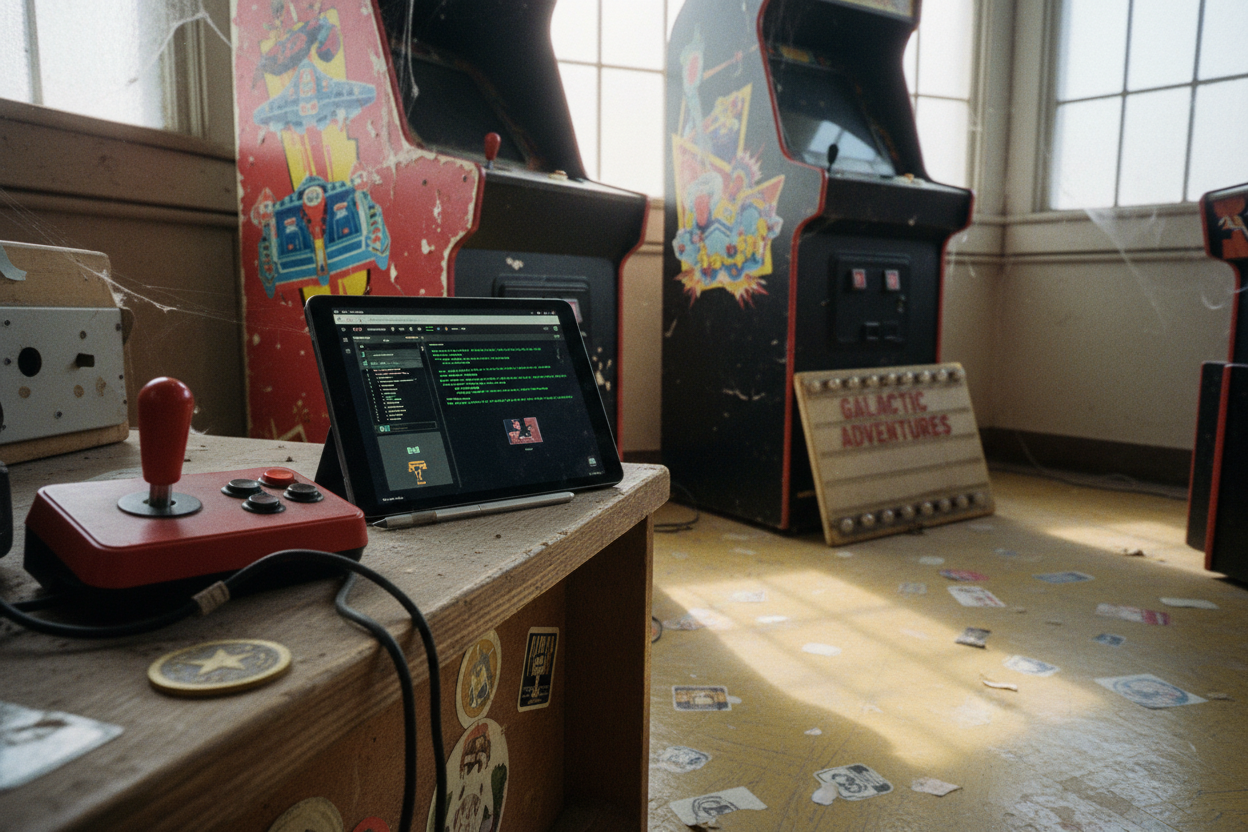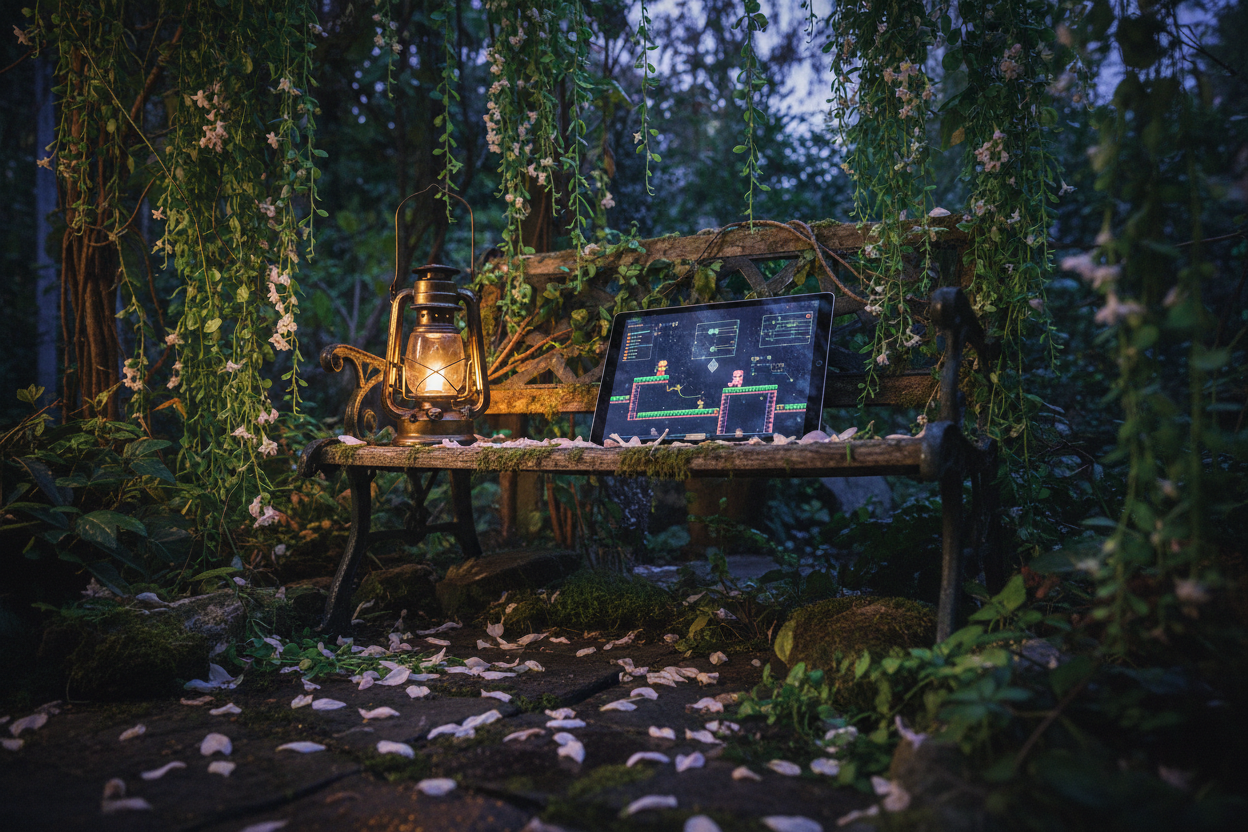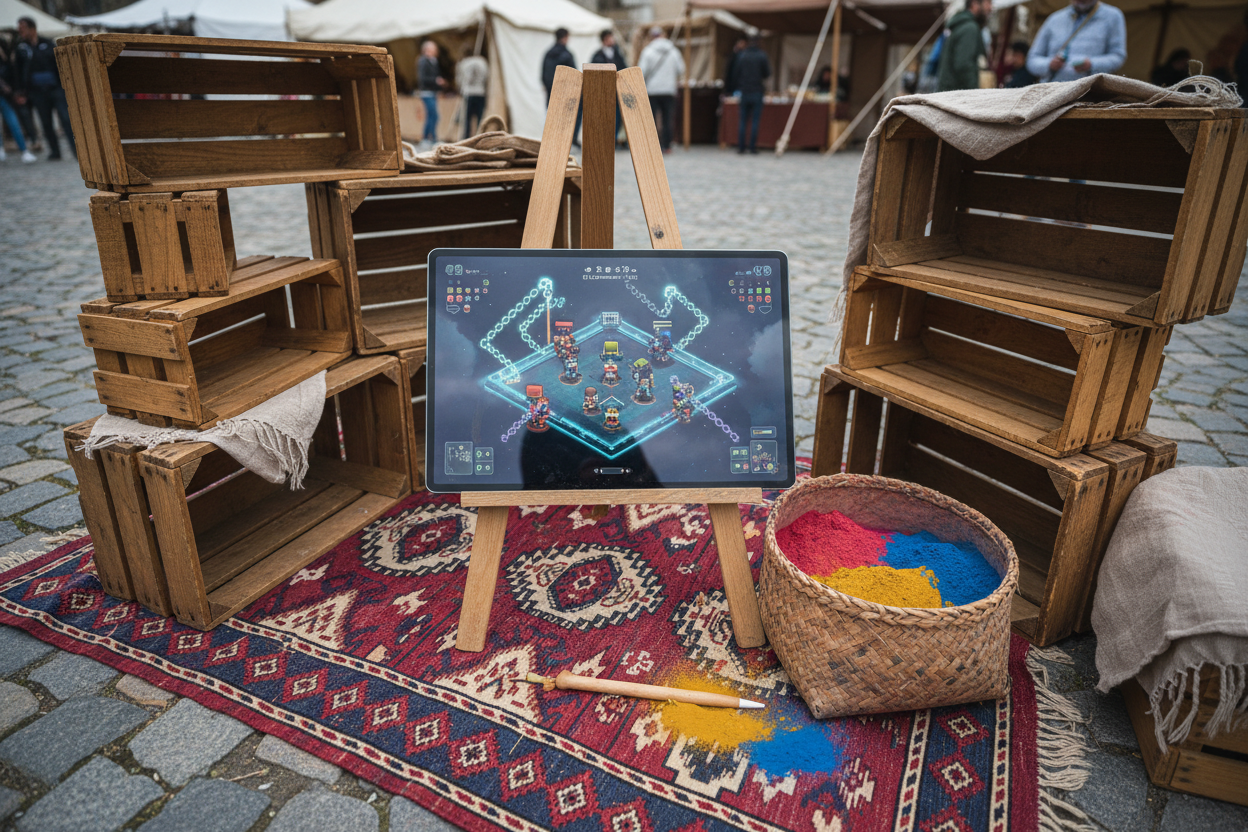How On-Chain Idle RPGs Are Reshaping Blockchain Gaming: A Deep Dive into HunterTales and Ditto Quest
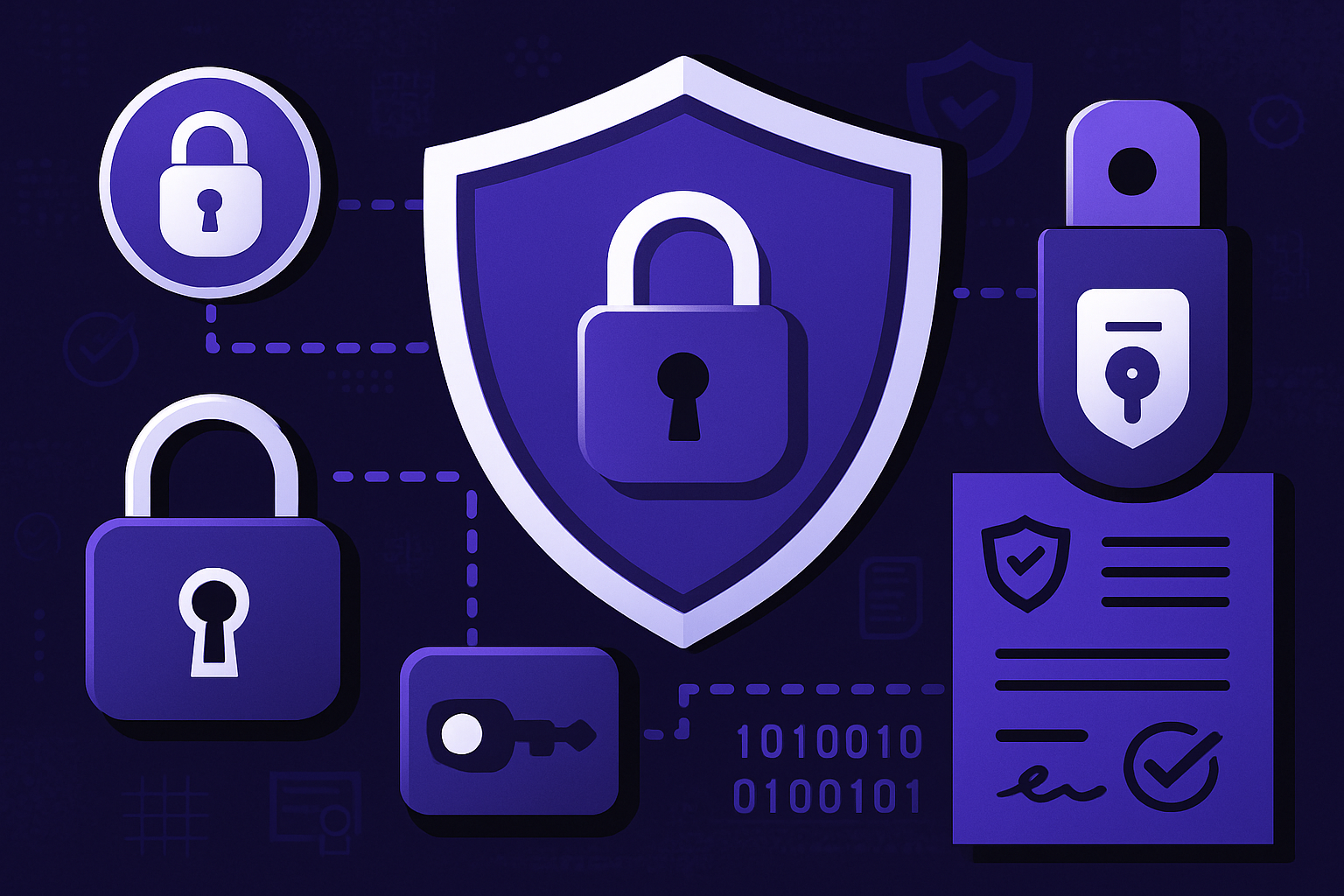
For years, blockchain gaming has been defined by its complexity and speculation, often prioritizing token mechanics over the actual player experience. But the rise of on-chain idle RPGs is rewriting that script, blending the transparency and ownership of decentralized tech with the approachable, low-maintenance fun of idle games. Two titles leading this new wave are HunterTales and Ditto Quest, each pushing the boundaries of what fully on-chain games can be.
![]()
Why On-Chain Idle RPGs Are Gaining Traction
The appeal of idle RPGs is simple: progress unfolds even when you’re not grinding at the keyboard. But when you fuse this genre with blockchain’s core tenets – true asset ownership, transparent economies, and decentralized governance – the result is a gaming experience with both staying power and substance.
Unlike earlier GameFi experiments, which often devolved into unsustainable Ponzi-like economies, the new breed of idle RPG Web3 titles are prioritizing organic gameplay loops and community-driven progression. As ImranTjr notes, Ditto Quest’s “game first, Web3 second” philosophy lets players play, progress, and earn $DITTO in a way that feels organic, not forced. This subtle but crucial shift is resonating with a new generation of blockchain gamers who value both fun and financial upside.
HunterTales: A Community-Driven Blockchain Campaign
HunterTales is a fully on-chain idle RPG set in the fractured world of Sylvaris. Here, players – known as Pioneers – join forces to reclaim lost territories from the Dark Continent. The game’s standout feature is its persistent, global map: every action, from upgrading a settlement to recruiting a new Hunter via the gacha system, is recorded transparently on-chain. This means that your choices have lasting impact, not only on your own progression but on the entire world’s fate.
HunterTales’ ongoing Pioneers Program incentivizes early participation by letting players earn Crown Credits for inviting friends and preparing their settlements ahead of the official launch. The result is a dynamic social layer where collaboration and strategy are rewarded. For those seeking an in-depth primer on mechanics and lore, the HunterTales Wiki offers guides and on-chain strategy tips.
Key Features of HunterTales and Ditto Quest
-
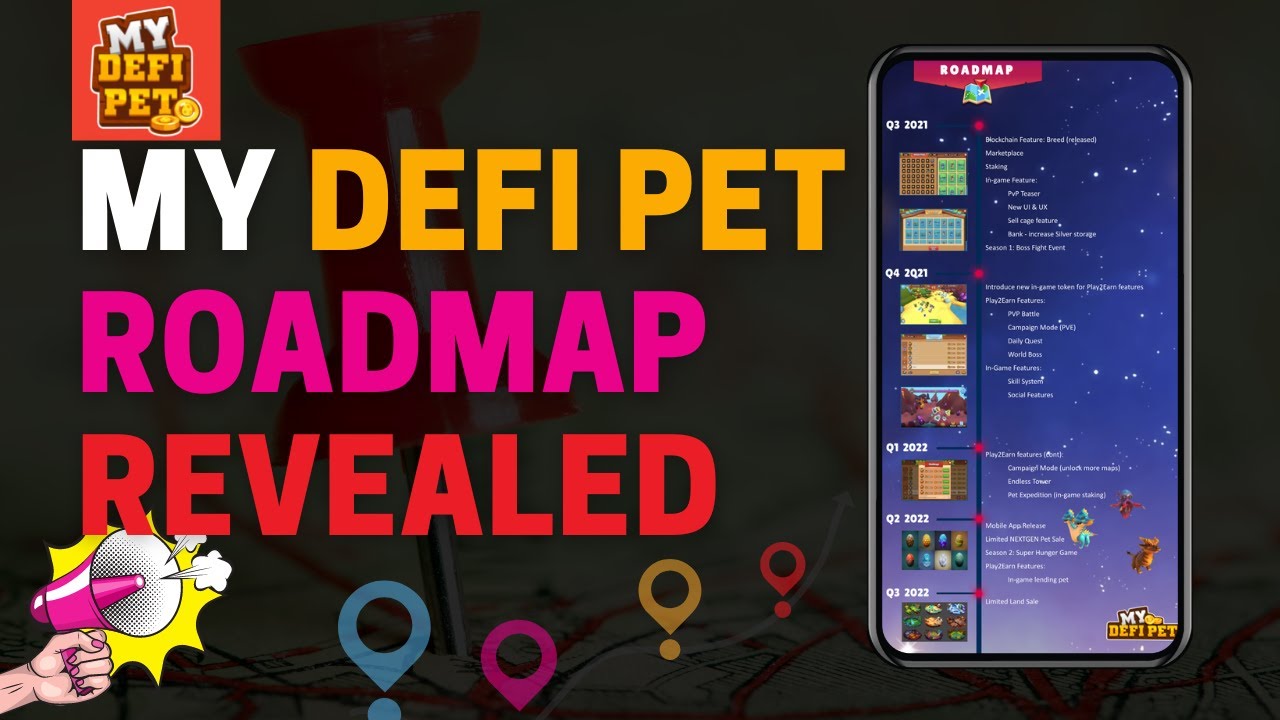
Fully On-Chain Gameplay: Both HunterTales and Ditto Quest operate entirely on-chain, ensuring transparency and security for all player actions and asset ownership.
-
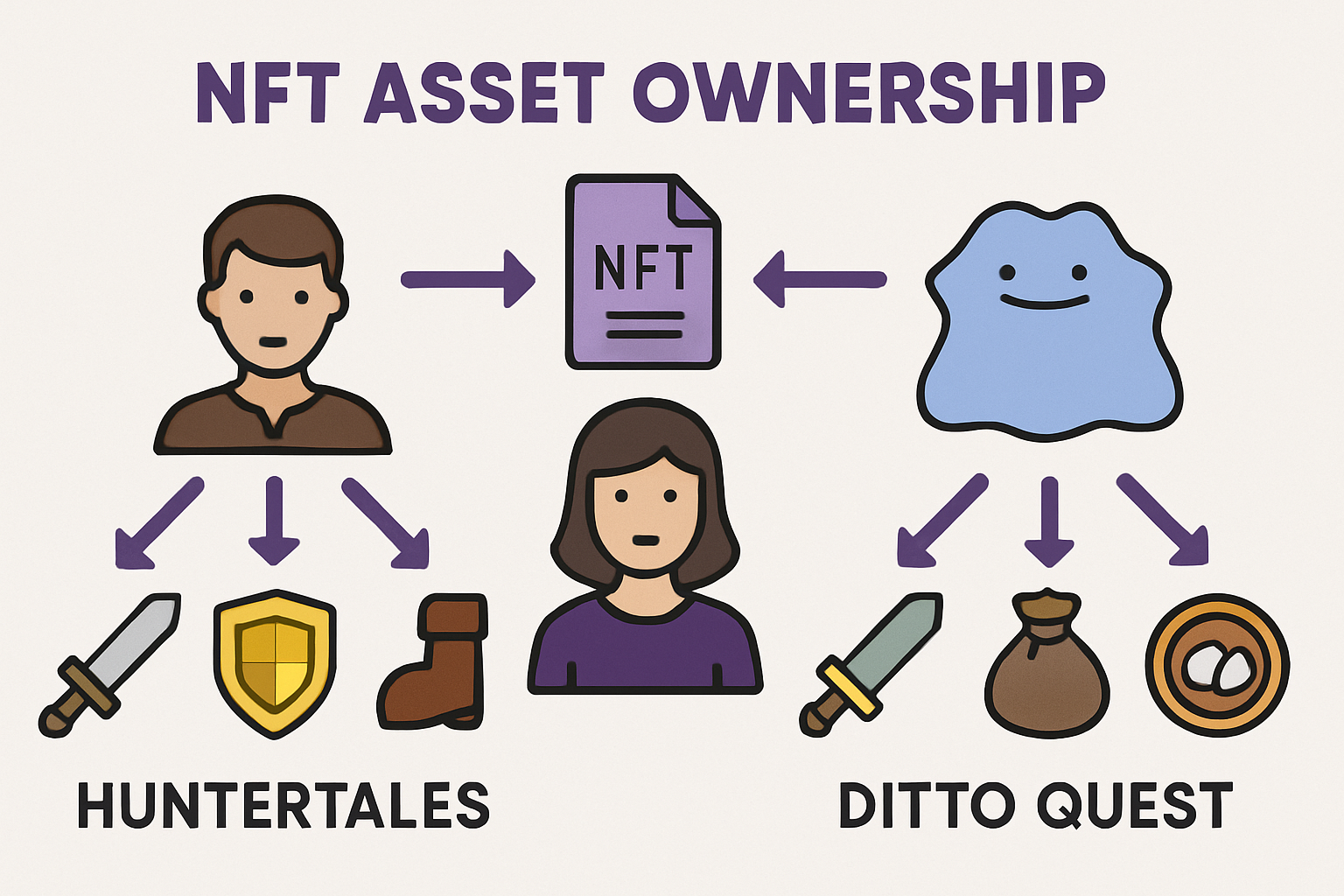
True Asset Ownership: Players genuinely own their in-game assets—such as Hunters in HunterTales and monsters or crafted items in Ditto Quest—thanks to blockchain-based NFTs and tokenization.
-
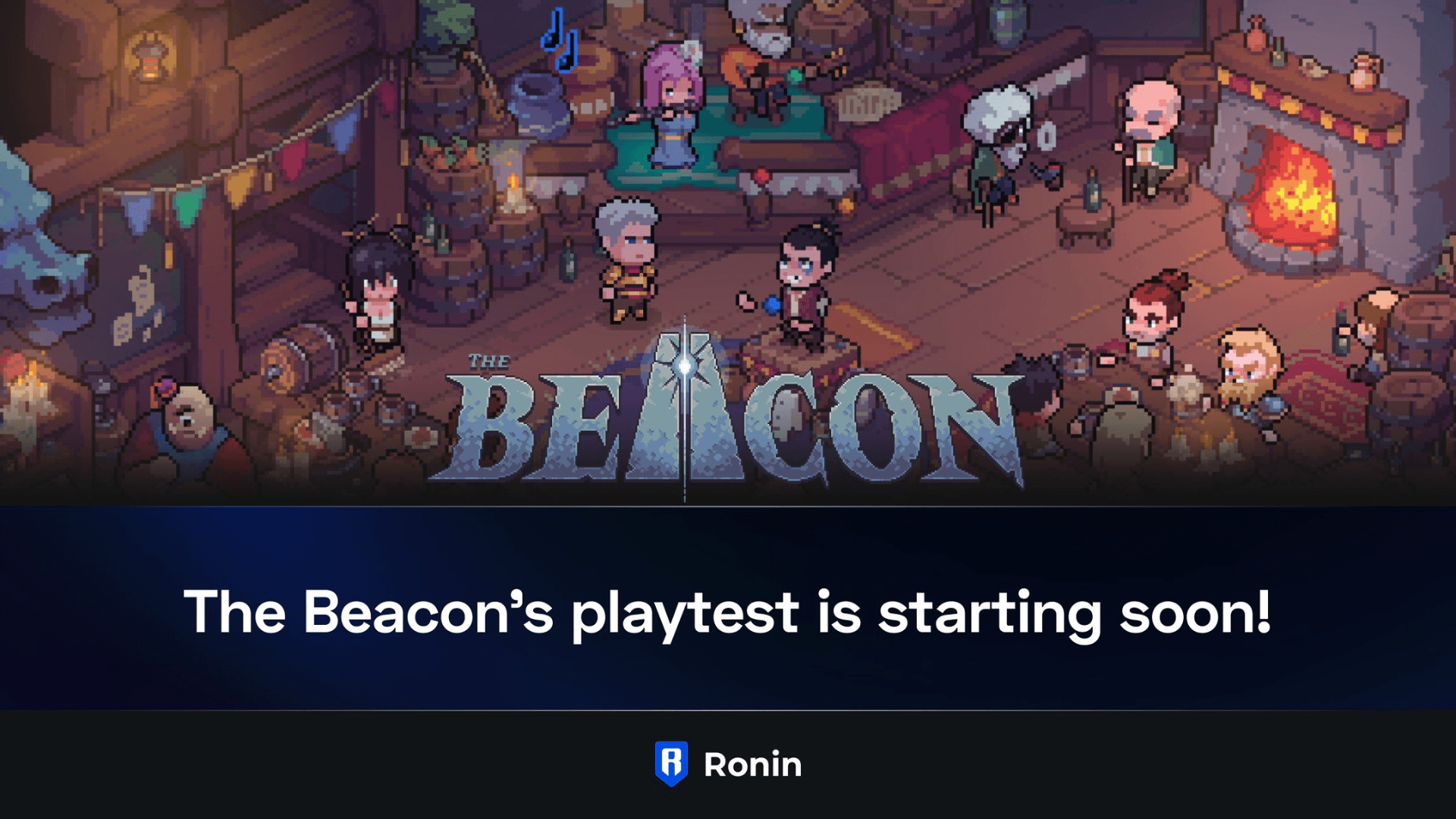
Community-Driven Progression: HunterTales features a collaborative campaign where player actions shape the global map in real-time, while Ditto Quest rewards collective engagement through ecosystem-wide events and competitions.
-
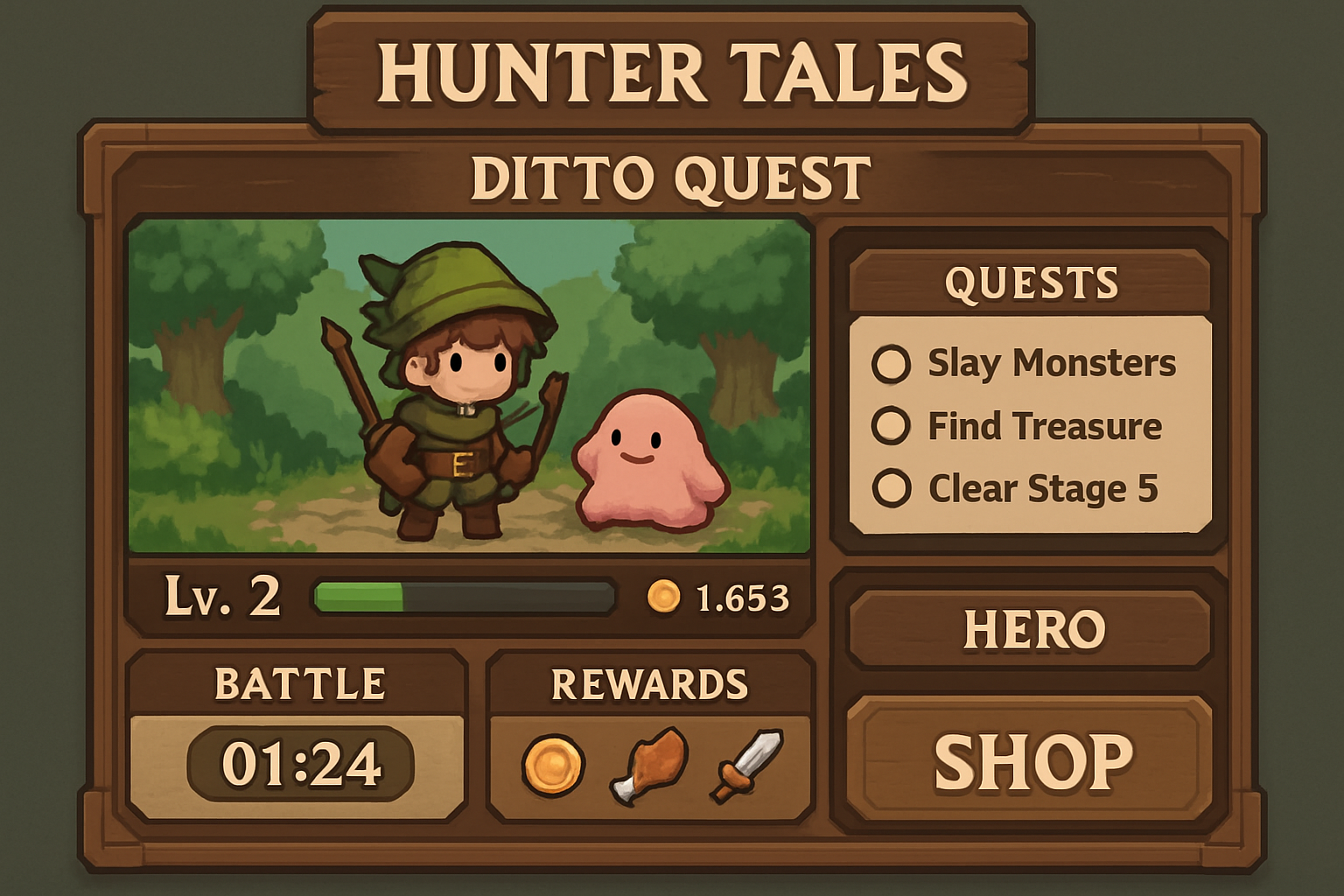
Idle RPG Mechanics: Both games offer idle progression, allowing players to make strategic decisions and earn rewards without constant active play, making them accessible and low-maintenance.
-
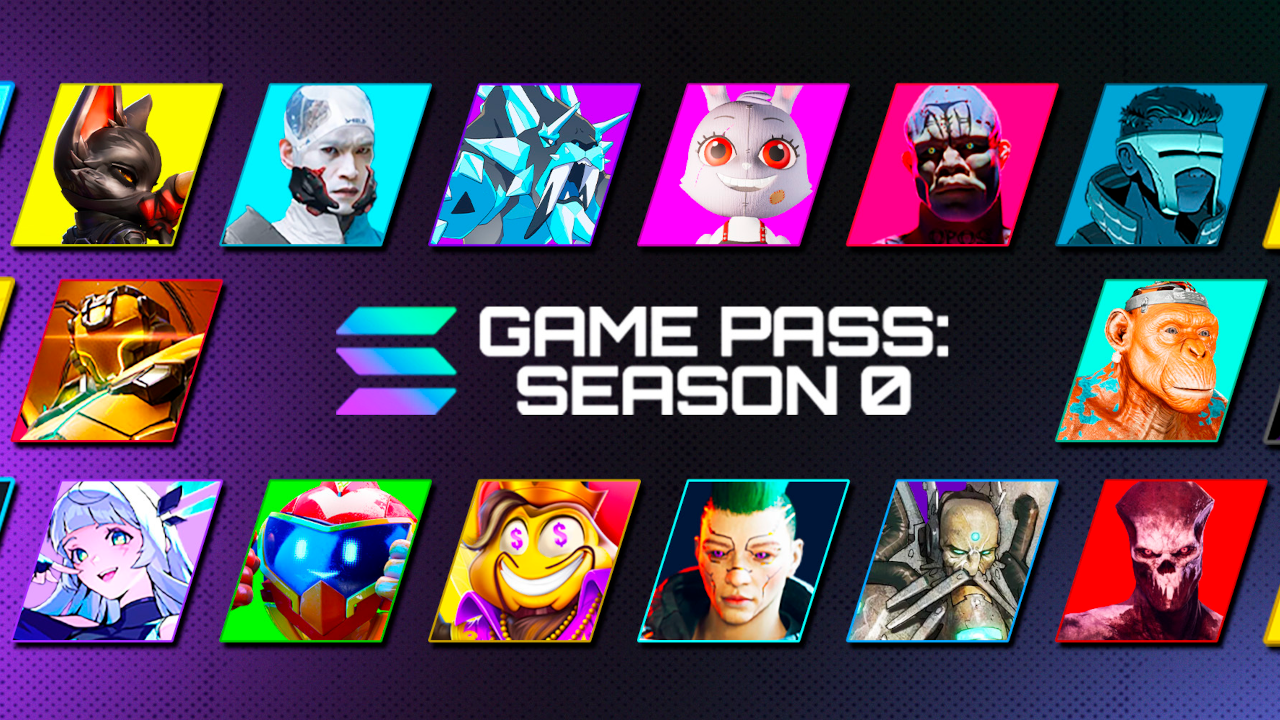
Sustainable Token Economies: Ditto Quest utilizes the $DITTO token and a stable faucet economy, rewarding players with $DITTO and USDT for gameplay, while HunterTales offers Crown Credits through its Pioneers Program.
-
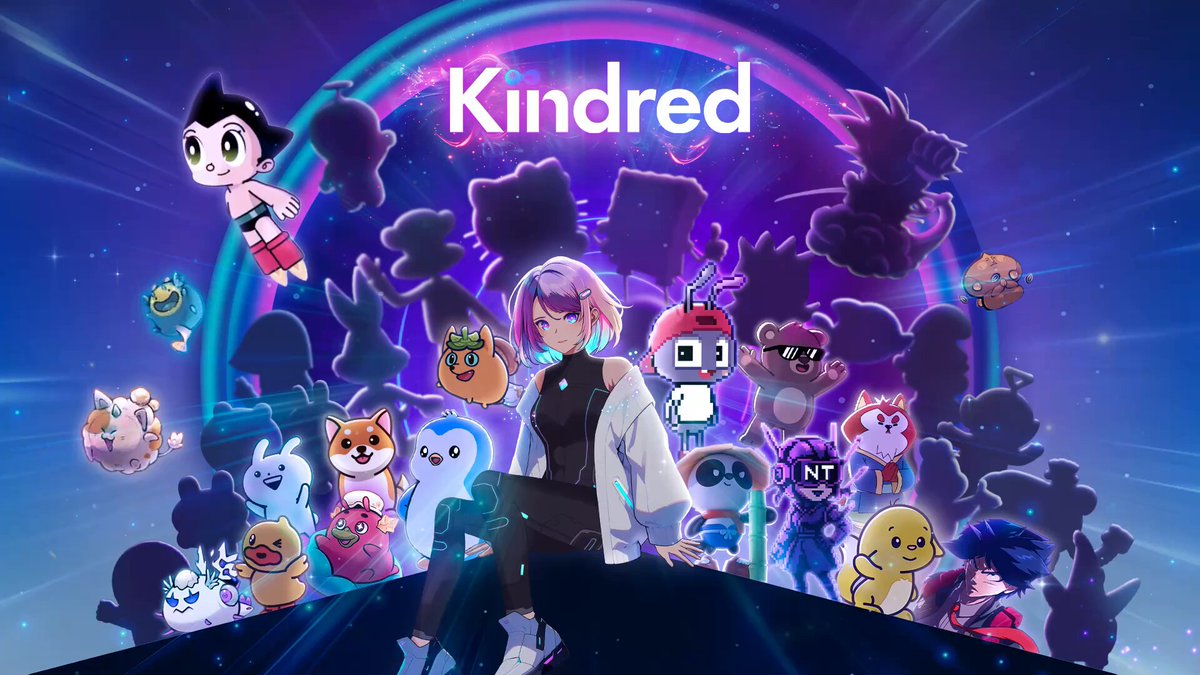
Expanding Ecosystems: Ditto Labs extends beyond Ditto Quest with Telegram-native games like Ditto Guess and Leverage, building a broader idle and arcade gaming network.
-
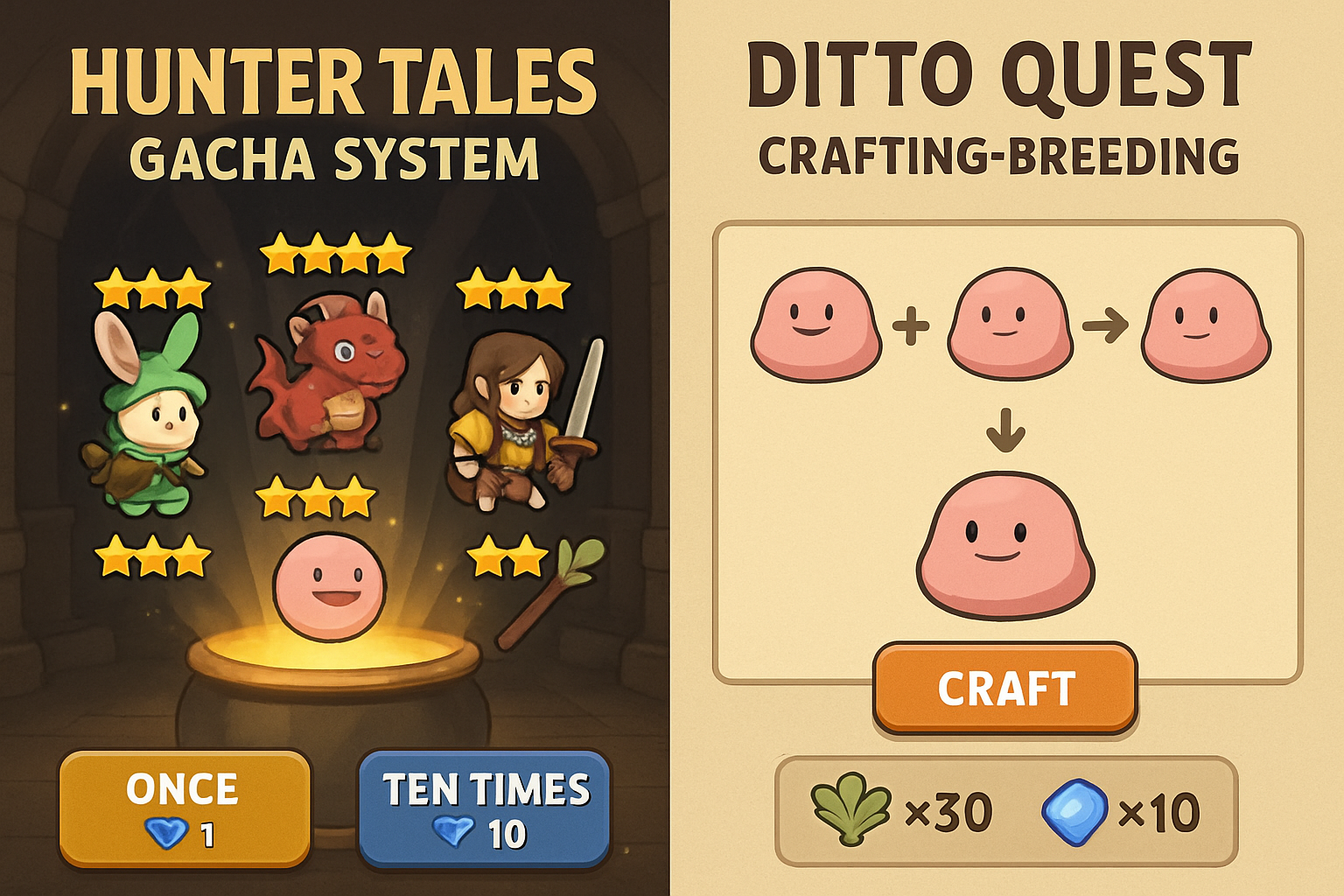
Strategic Progression & Gacha Systems: HunterTales incorporates a gacha recruitment system for Hunters and settlement upgrades, while Ditto Quest emphasizes farming, crafting, and breeding for continuous player advancement.
Ditto Quest: Idle RPG Meets Stable On-Chain Economy
Meanwhile, Ditto Quest is making waves as a pixel RPG blockchain experience that combines idle farming, crafting, breeding, and monster combat. Built on the TON blockchain and powered by the $DITTO token, Ditto Quest emphasizes a stable faucet economy – players earn $DITTO and USDT through in-game actions, with transparent reward mechanics that sidestep many of the pitfalls seen in earlier GameFi projects.
Ditto Labs’ broader ecosystem includes Telegram-native arcade games like Ditto Guess and Leverage, but Ditto Quest remains the flagship, demonstrating how idle RPGs can offer both accessibility and economic depth. As Mrcryptowealth. eth highlights, Ditto Quest’s ecosystem is “revolutionizing Web3 gaming with an engaging ecosystem” – a testament to its growing influence within the fully on-chain games landscape.
From Speculation to Sustainable Play: The Macro Perspective
What sets these games apart isn’t just their mechanics or art style. It’s their commitment to sustainable, community-driven economies. By anchoring progression and rewards directly to on-chain activity – rather than speculative token pumps – HunterTales and Ditto Quest are charting a new path for idle RPG Web3 titles. This macro shift has the potential to transform not only how players engage with blockchain games, but how value accrues within these ecosystems over time.
This evolution is particularly significant when viewed through a macro lens. Early blockchain games often fell into the trap of unsustainable tokenomics, where short-term hype outpaced genuine utility and player retention. In contrast, on-chain idle RPGs like HunterTales and Ditto Quest are weaving economic incentives directly into gameplay, creating systems where rewards flow naturally from participation, not just speculation.
Players in Ditto Quest earn $DITTO and USDT by engaging in battles, crafting, and breeding, with the faucet economy ensuring a steady, transparent source of rewards. This model not only mitigates inflationary risks but also encourages long-term engagement. Likewise, HunterTales leverages its persistent world and collaborative mechanics to foster organic social coordination, every upgrade, recruitment, or quest completed leaves a permanent mark on the world’s state, visible and verifiable by all.
By making every player action matter on-chain, these games are building trust and accountability into the very fabric of their worlds. The result is a more meaningful sense of ownership and progression, something that previous GameFi models struggled to deliver.
What’s Next for Fully On-Chain Idle RPGs?
As the sector matures, expect to see further innovation in both gameplay and tokenomics. Interoperability between games, cross-game asset utility, and more sophisticated DAO governance are already on the horizon. The success of Ditto Quest on TON and the collaborative world-building of HunterTales are likely to inspire new projects that double down on transparency, community, and sustainable economies.
For early adopters, these games offer more than just financial upside, they’re experiments in what decentralized, player-owned worlds can become. The ability to truly own assets, influence game direction, and participate in open economies is reshaping expectations for blockchain gaming as a whole. The days of opaque, developer-controlled economies are fading, replaced by models where player agency is paramount.
Top Reasons On-Chain Idle RPGs Are Disrupting Blockchain Gaming
-
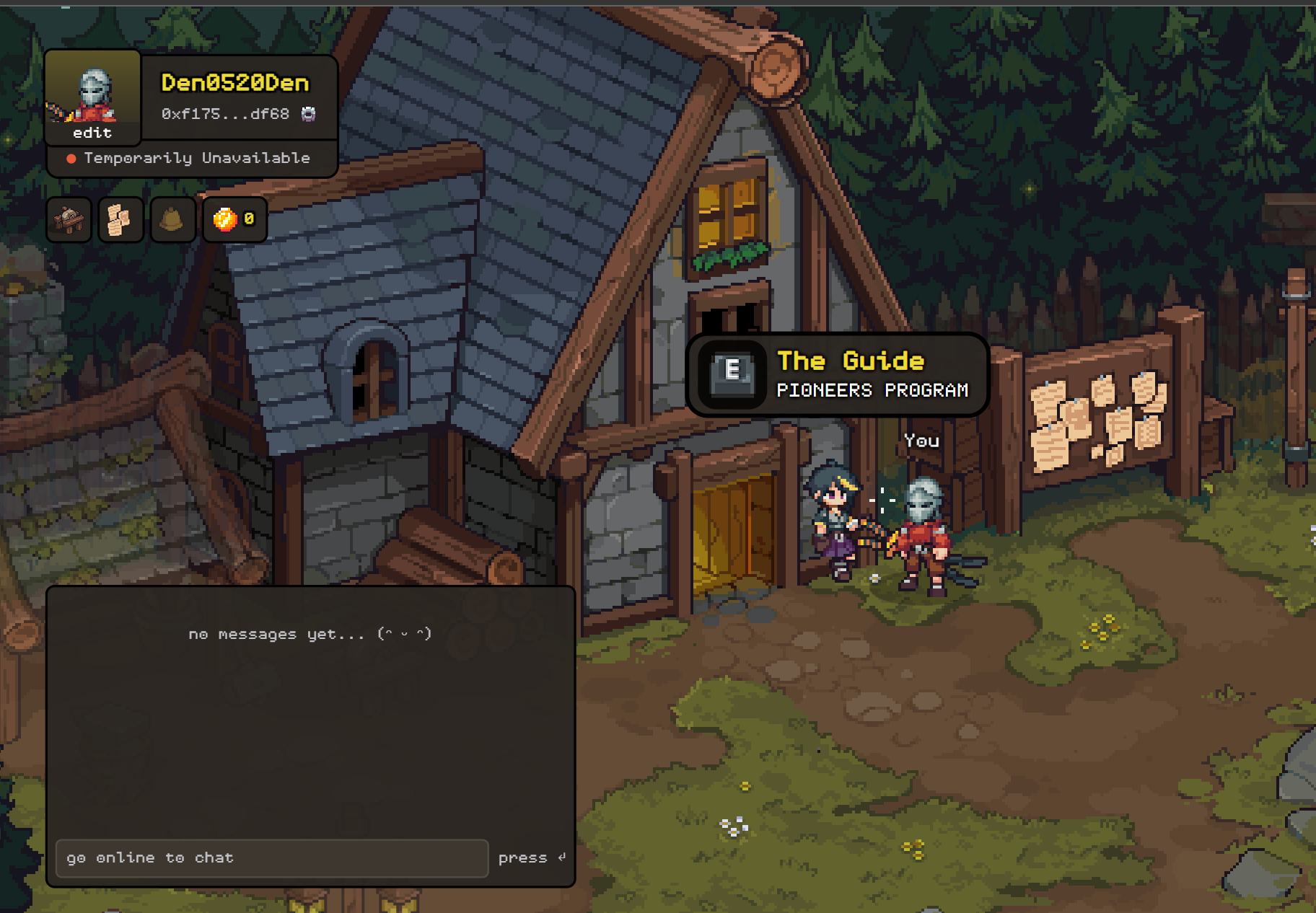
True Asset Ownership & Transparency: Games like Huntertales and Ditto Quest allow players to genuinely own in-game assets, with every item and action recorded on-chain for full transparency and security.
-
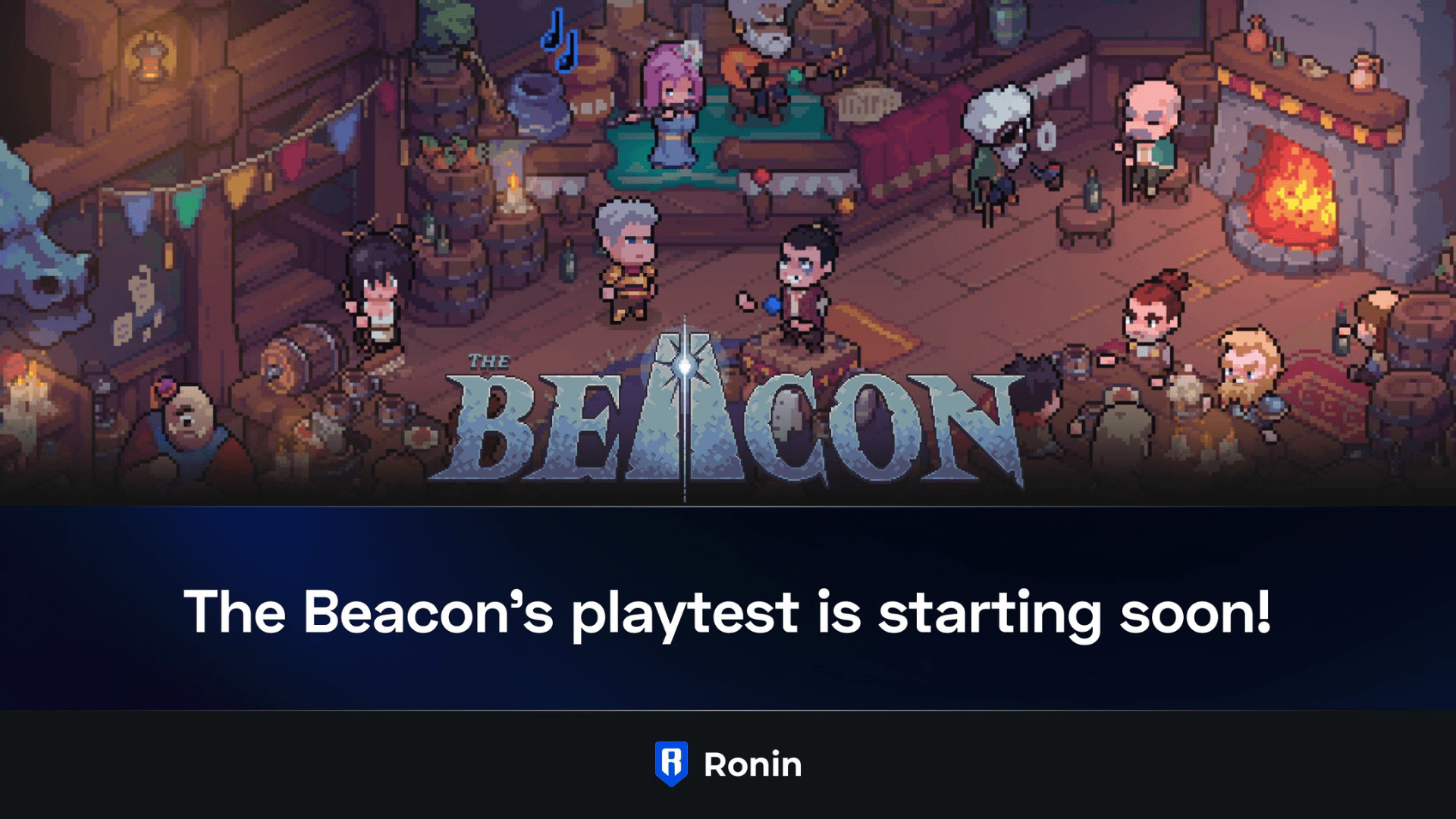
Community-Driven Progression: On-chain idle RPGs foster collaborative gameplay—Huntertales, for example, features a real-time global map where every player’s actions impact the world, encouraging teamwork and collective strategy.
-
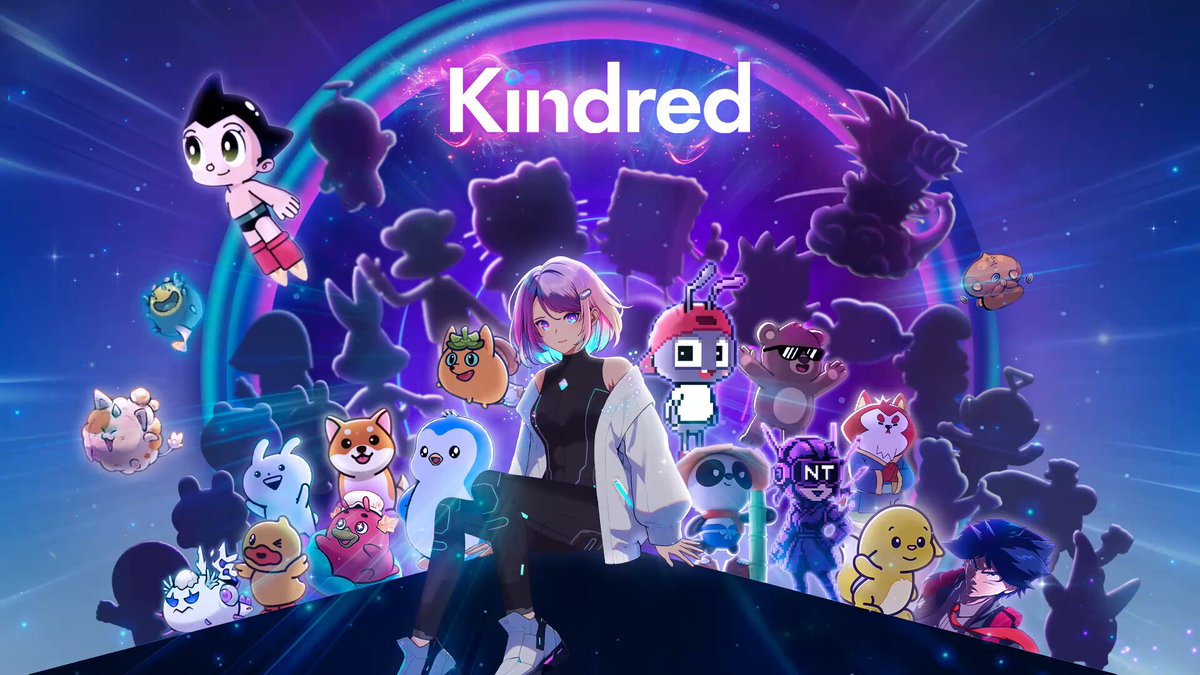
Sustainable Play-to-Earn Economies: By integrating stable reward systems like $DITTO and USDT in Ditto Quest, these games address past GameFi issues, offering organic earning opportunities without unsustainable tokenomics.
-
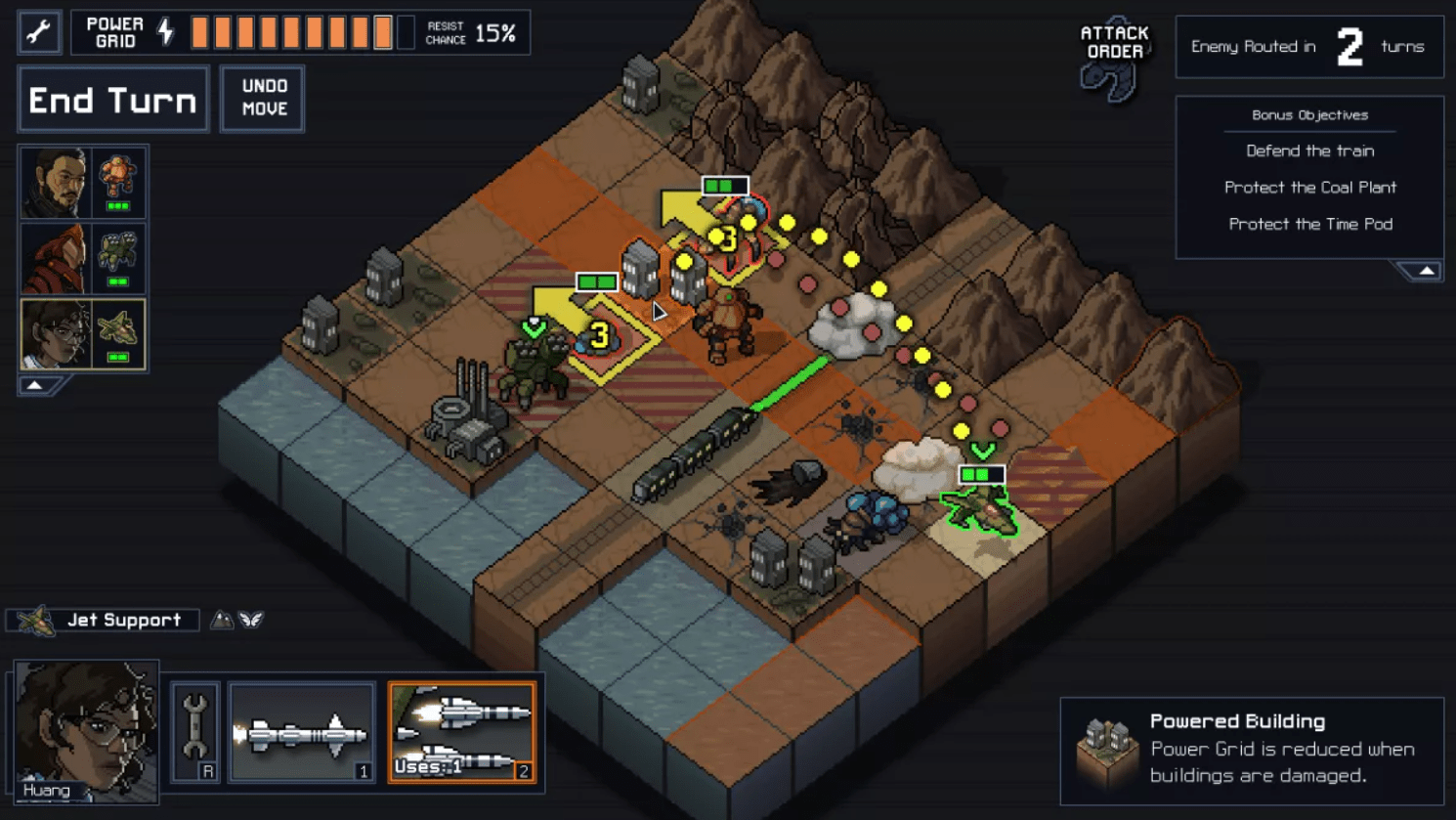
Low-Maintenance, Engaging Gameplay: Idle mechanics let players progress and earn rewards with minimal daily input, making blockchain gaming accessible and enjoyable for both casual and dedicated gamers.
-
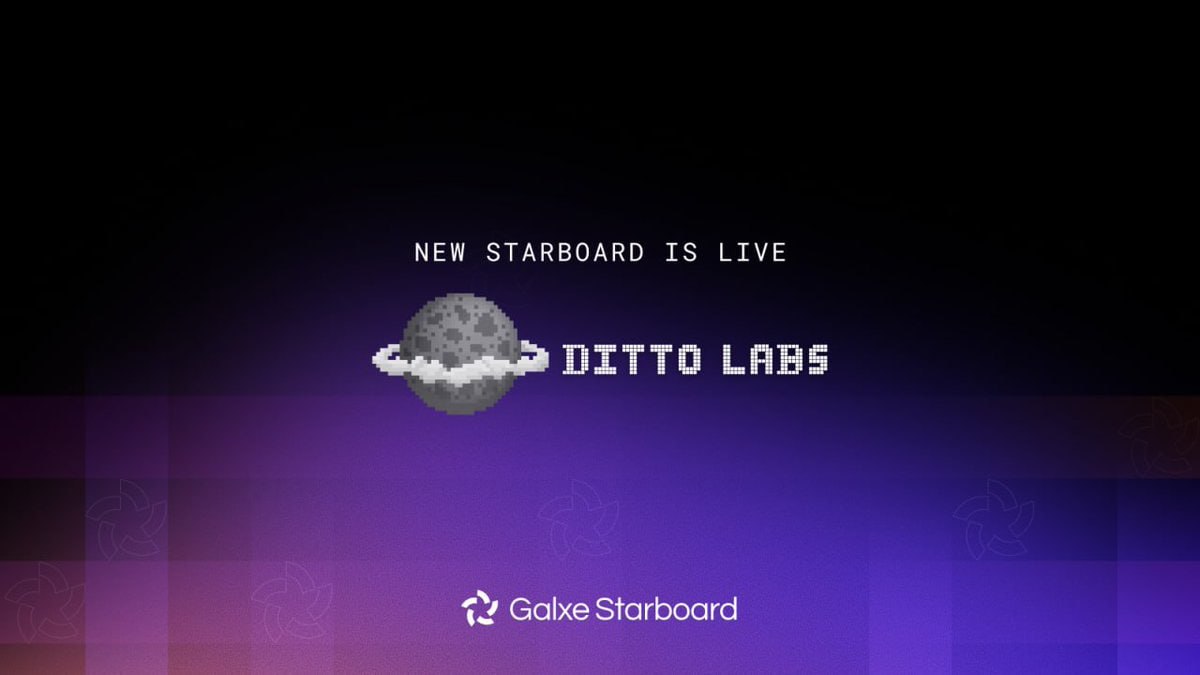
Seamless Web3 Integration: Titles such as Ditto Quest prioritize gameplay first, with blockchain features like wallets and tokens integrated subtly—creating a user-friendly experience that feels natural, not forced.
-
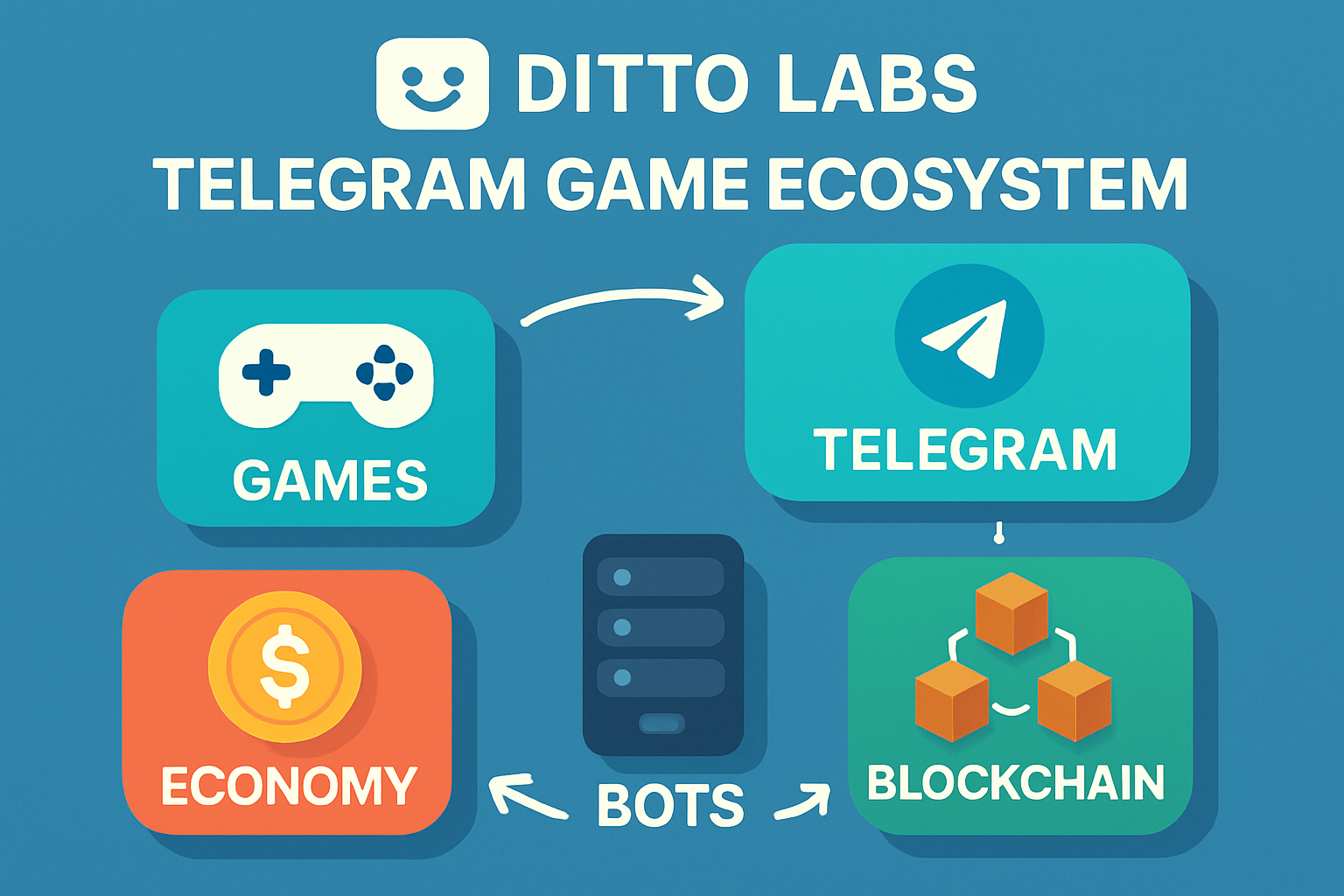
Expanding Ecosystems & Interoperability: Developers like Ditto Labs are building interconnected Telegram-native games, allowing assets and progress to flow across multiple titles and expanding the value of player participation.
It’s an exciting inflection point. As idle RPG Web3 titles continue to refine their mechanics and economies, the space is poised for mainstream adoption. The lessons learned from HunterTales and Ditto Quest will ripple outward, informing not just future games, but also how we think about digital ownership, collaboration, and value in virtual worlds.
For those looking to dive deeper or get involved, community resources like the HunterTales Wiki and Ditto Quest’s Galxe page are excellent starting points. As always, staying engaged with the latest developments will be key to understanding, and benefiting from, the next wave of fully on-chain games.
Which feature of on-chain idle RPGs excites you most?
On-chain idle RPGs like Huntertales and Ditto Quest are changing blockchain gaming with true asset ownership, transparent economies, and community-driven worlds. Which aspect do you find most appealing?






